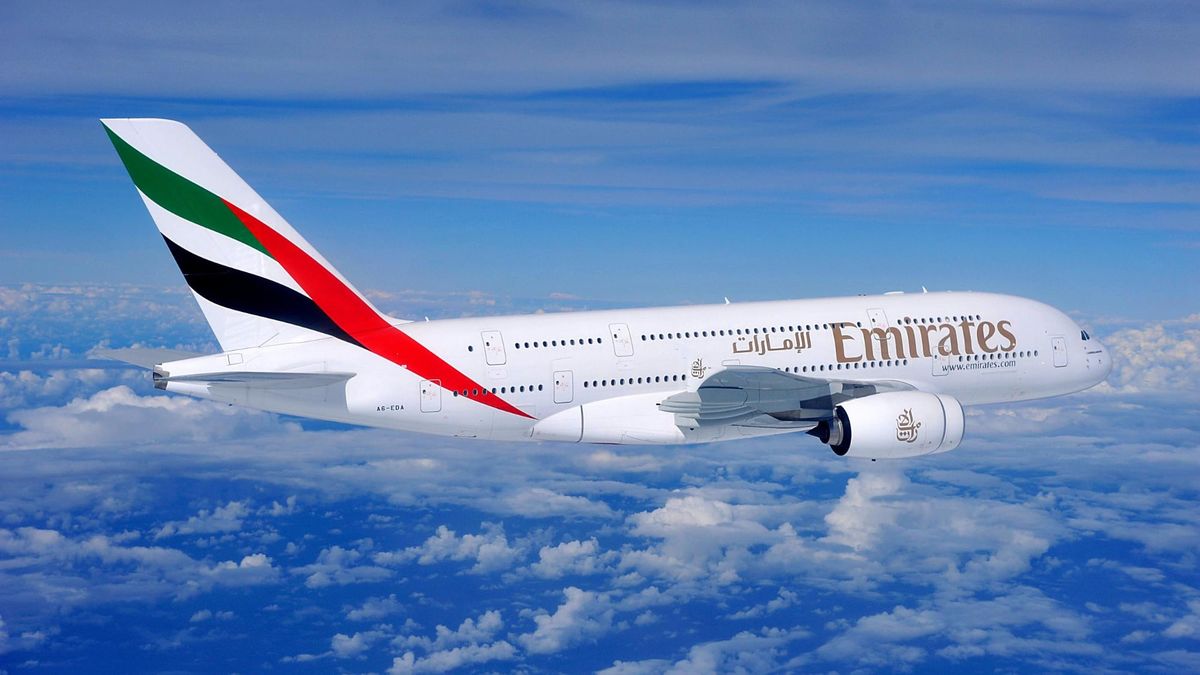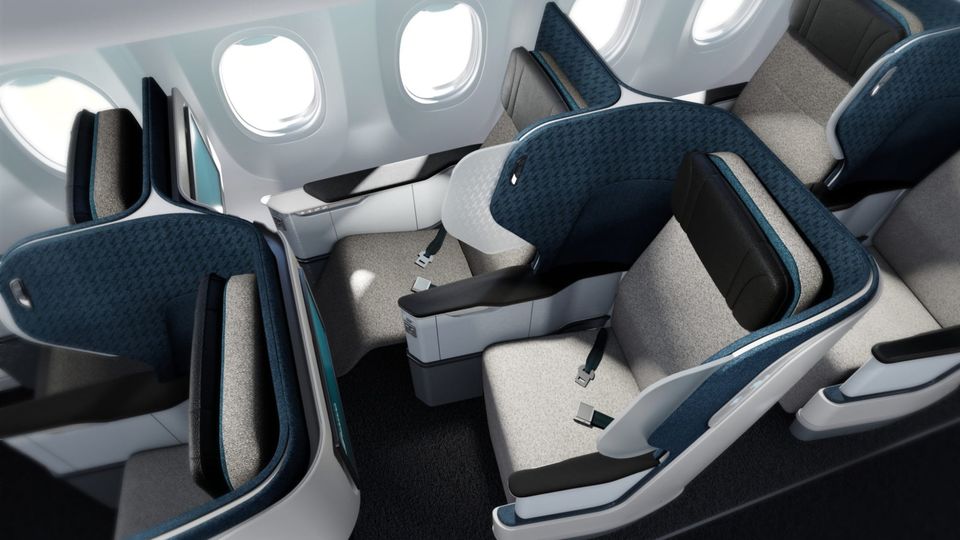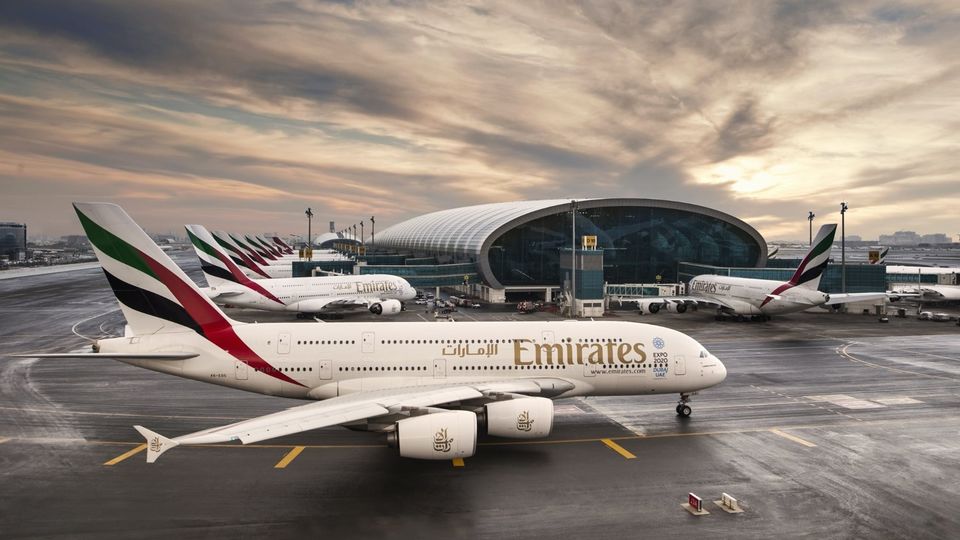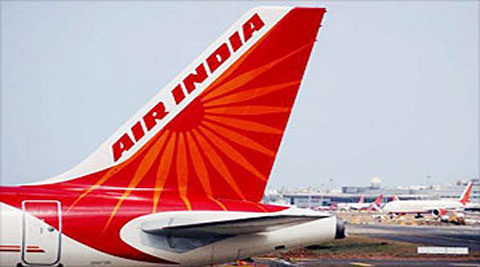
Emiratesis expecting to have its Airbus A380 superjumbos soaring again by April 2022 as it rides and in some ways fuels the post-pandemic travel wave.
While that could be seen as somewhat optimistic, given that the International Air Transport Association reported last week that it predicts global demand for air travel may not return to 2019 levels until 2023, it also represents Emirates President Sir Tim Clark’s confidence in the shape of the recovery curve.
“The A380 has defined us,” Clark tells The Times. “As demand returns, and given the slot availability at prime hubs, there will be a place for it. I’m hoping by April 2022, all our A380s will be flying again.”
All 115 of the Gulf carrier’s flagship A380 fleet are currently grounded, but Clark believes that the airline’s Dubai hub will regain its crown as the crossroads of the world – and for that, it will need the 500-seat superjumbo.
And while the first class showers and the business class bar are currently roped off, Clark maintains those signature touches of the Emirates’ premium travel experience would also return, promising “we’ll restore the full product.”
At the same time, Clark sees the lower-cost ‘basic business class’ package – which provides the personal space of a business class seat without inclusions such as a chauffeur drive, lounge access or advance seat selection as becoming increasingly popular “because people will be prepared to pay more for greater distancing” on board.

Similar changes in thinking could also prove an added kickstart to Emirates’ all-new premium economy cabin, which the airline expected to launch this year but is now likely to be delayed until 2021.

The spacious seat – which Clark has described as a railway-style “sleeperette” design that will fully cradle the legs and feet, with a 10-inch recline and around 38 inches of pitch – has already been fitted to some A380s at Airbus' superjumbo facility in Toulouse.
Clark has previously told Executive Traveller that on Airbus A380s fitted with first class, the premium economy cabin will be located at the front of the lower deck with “as many as 56 seats.”
It will also be separate to economy class in order to provide “a degree of exclusivity... and not just a curtain, it'll be a proper cabin. We're aiming to make it a quiet zone, a comfortable zone.”
(Culled from By https://www.executivetraveller.com
David Flynn, July 6 2020)














